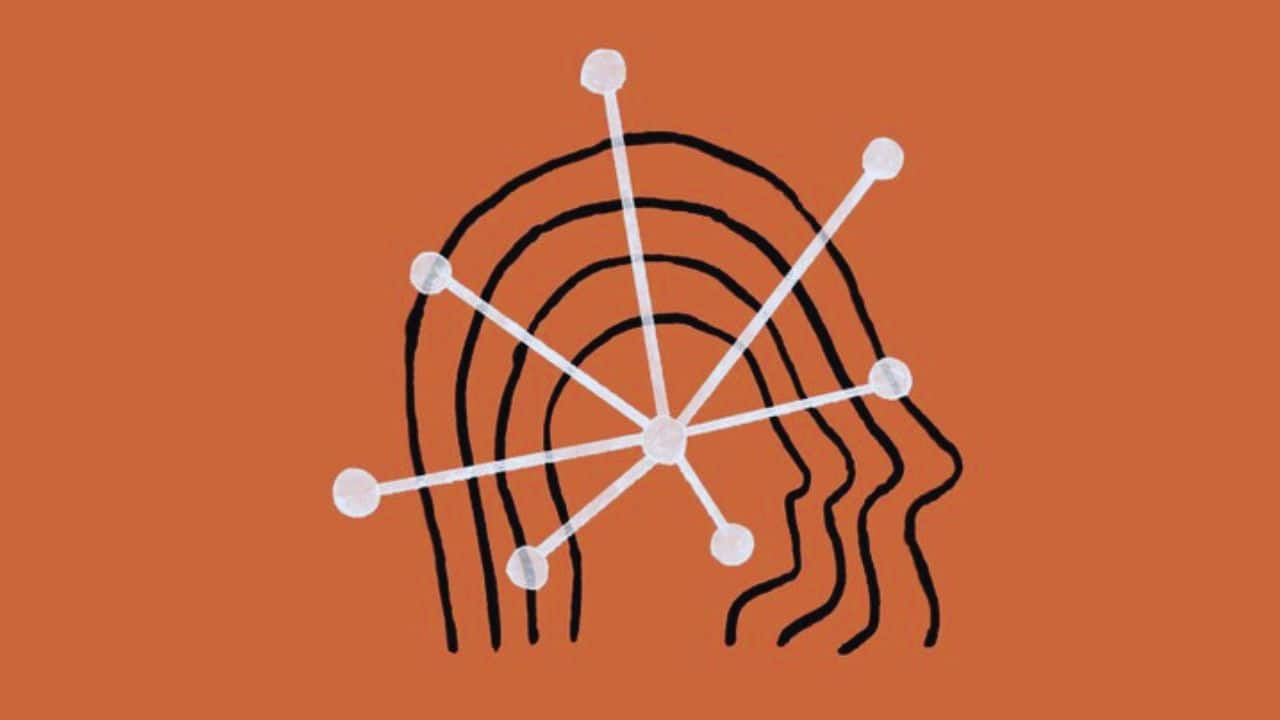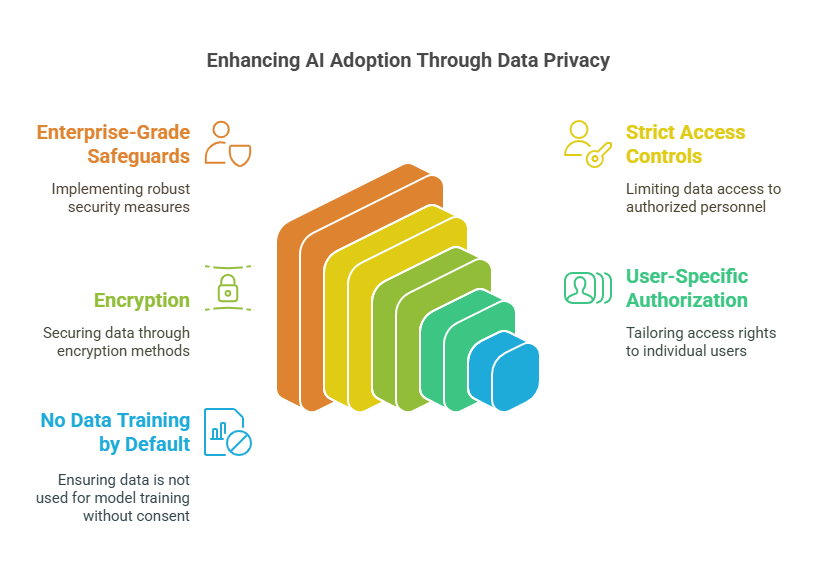Anthropic has rolled out powerful new upgrades to its Claude AI assistant, signaling a transformative moment in how enterprises can leverage artificial intelligence to streamline complex tasks. With two major features — autonomous research capabilities and deep integration with Google Workspace tools — the company claims it is moving Claude from a passive assistant into a true virtual collaborator for businesses.
This evolution doesn’t just mark a technical enhancement; it marks a strategic challenge to competitors like OpenAI’s ChatGPT, Microsoft’s Copilot, and Google’s Gemini, all of whom are battling to dominate the future of AI-powered productivity.
Claude’s Autonomous Research Engine: A Game-Changer for Knowledge Workers
One of the most groundbreaking additions is Claude’s autonomous research capability, which allows the AI to independently perform multi-step searches, synthesize information from numerous sources, and determine the next logical steps — all without requiring repeated user inputs.
Unlike standard AI tools that provide responses based solely on a single prompt, Claude now mimics the behavior of an actual researcher, performing layered tasks that build on each previous step. It can decide what additional information to look up, refine its own queries, and weave together a final output based on a comprehensive knowledge chain.
This ultra-fast delivery sets Claude apart. In high-pressure industries like finance, sales, law, healthcare, or public relations, timing is critical. A 30-minute wait could mean a missed opportunity or a delayed decision. Claude’s ability to offer fact-checked summaries or research in under 60 seconds is one of the most compelling benefits.
The feature supports use cases such as:
-
Market research for sales presentations
-
Legal case background for attorneys
-
Competitive analysis for product managers
-
Scientific literature reviews for healthcare professionals
By removing manual searching and synthesis, Claude is effectively replacing hours of work with just minutes of AI-driven insight.
Integration with Google Workspace: Bringing AI Into Your Everyday Workflow
In addition to autonomous research, Anthropic has introduced a new level of integration with Google Workspace, covering Gmail, Google Docs, Google Drive, and Google Calendar.
This allows Claude to seamlessly interact with a user’s existing files, communications, and scheduling tools without requiring uploads or external prompts. Once granted secure access, Claude can:
-
Draft emails based on past threads and meeting topics
-
Summarize long Google Docs and highlight key points
-
Generate reports using internal company data
-
Check your calendar and align tasks or research to upcoming events
This integration solves a long-standing issue in enterprise AI: context awareness. Many AI tools operate in isolation, forcing users to copy/paste data into chats or upload documents. With Google Workspace support, Claude becomes contextually aware of the information flowing through your organization and can offer personalized, relevant assistance in real time.
This brings Claude closer to what many AI theorists call contextual collaboration — where AI doesn’t just answer questions but operates like an informed teammate.
Built for Security: Claude Offers Enterprise-Grade Data Privacy Protections
One of the largest barriers to AI adoption in businesses has been data privacy and security. Anthropic is addressing this head-on by offering enterprise-grade safeguards with strict access controls, encryption, and user-specific authorization.
The company emphasized that user data is not used to train models by default — a growing concern among businesses worried about intellectual property or confidential documents being ingested into third-party systems.
The Google Drive Catalog feature, powered by retrieval-augmented generation (RAG), is restricted to enterprise accounts, which benefit from:
-
Enhanced encryption and privacy policies
-
Admin-level access restrictions
-
Logging and audit trails
-
API-level authentication
This ensures that a document shared in HR, for example, will not be accessible to someone in Finance — even if both use Claude. The model can operate with zero data leakage, giving CIOs and IT leaders confidence to roll it out company-wide.
Trust Through Transparency: Claude Cites Its Sources to Fight AI Hallucinations
One of the persistent concerns with generative AI is hallucination — when the model makes up information or delivers incorrect but plausible-sounding content. Anthropic is tackling this by making source citation a core design feature.
Whenever Claude conducts research, whether across the web or within internal files, it explicitly cites where the information came from. Users can click through, verify accuracy, and trust the validity of the response — a key requirement for fields like journalism, finance, legal services, and healthcare.
This is a fundamental shift from traditional black-box AI models. In essence, Claude is building a trail of evidence behind every answer, which aligns with increasing enterprise demand for verifiable and compliant AI outputs.
Real-World Value: Claude Saves Time Across Departments
Though still in early beta, Claude’s features are already delivering significant time savings in real-world scenarios.
Anthropic shared several case studies from early adopters and internal testing:
-
Sales teams using Claude to draft sector analyses before client calls, dramatically reducing research time
-
Engineers preparing for customer-facing meetings by getting summaries of product history, client feedback, and key documents
-
Marketing teams compiling launch details, campaign performance, and competitive benchmarks from multiple sources instantly
-
New hires using Claude to onboard faster by asking about company goals, upcoming projects, and style guides instead of relying on overloaded team leads
One HR leader noted, “Claude has virtually eliminated repetitive onboarding questions. New hires go to Claude before they ever ask their manager.”
These examples suggest Claude isn’t just a tech upgrade — it’s an operational shift, transforming the way internal teams access and act on information.
Availability and Rollout Timeline
Anthropic’s new features are currently in beta rollout stages:
-
Autonomous Research: Available in early beta for Claude Max, Team, and Enterprise users in United States, Brazil, and Japan.
-
Web Search Expansion: Initially launched in the U.S., now live in Brazil and Japan as well.
-
Google Workspace Integration: Available to all paid users, but requires admin approval before individual use.
As Anthropic scales its infrastructure and support, these capabilities are expected to become more widely available — with likely rollouts to other geographies and cloud platforms.
Claude Is Redefining What Enterprise AI Should Be
With this latest upgrade, Anthropic isn’t just adding features — it’s redefining how businesses should think about AI assistants. Claude is no longer a tool for casual queries or light content creation. It is now an autonomous knowledge worker, capable of reasoning, researching, verifying, and interacting with enterprise systems securely and at speed.
For enterprises navigating digital transformation, the question isn’t whether AI will change how work gets done — it’s how fast your organization is ready to adapt.



































